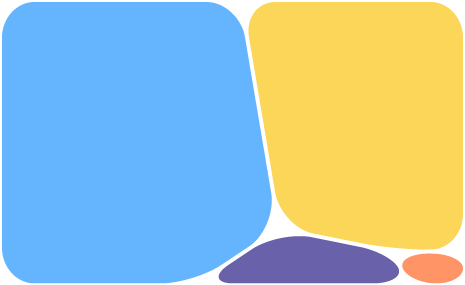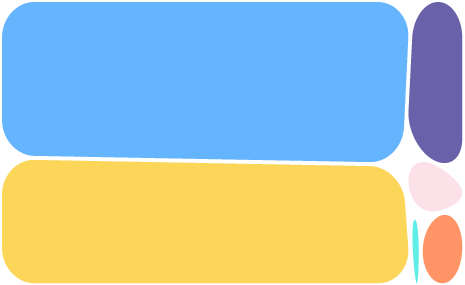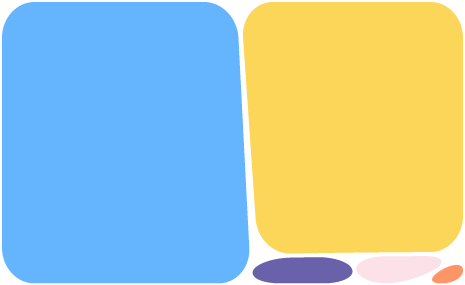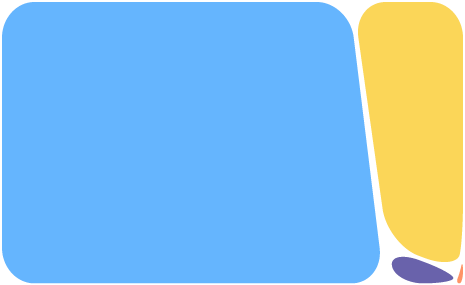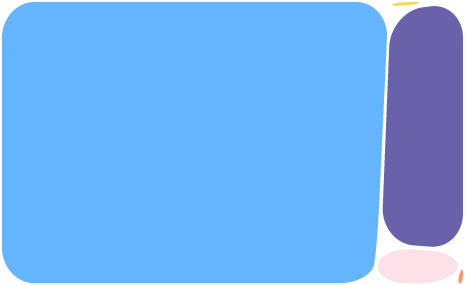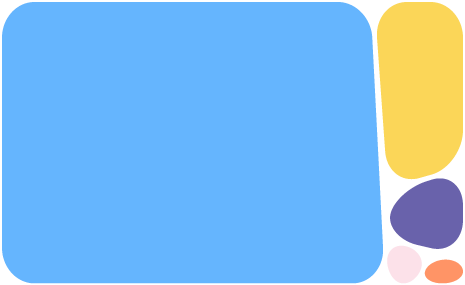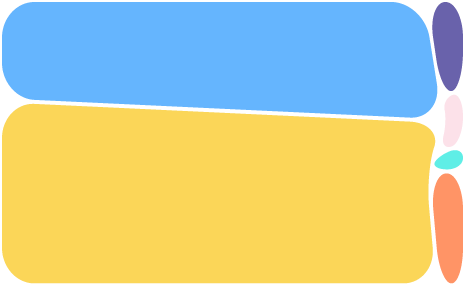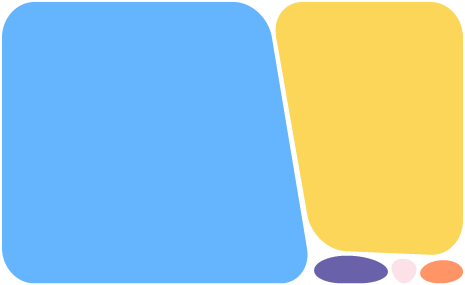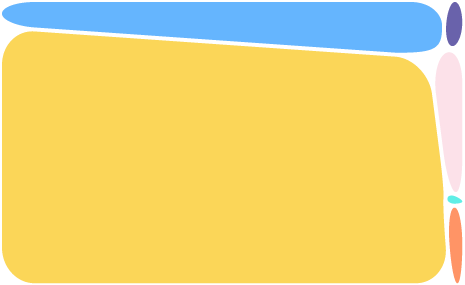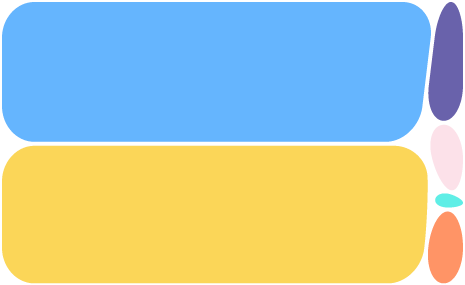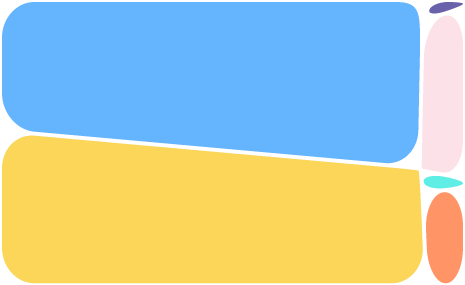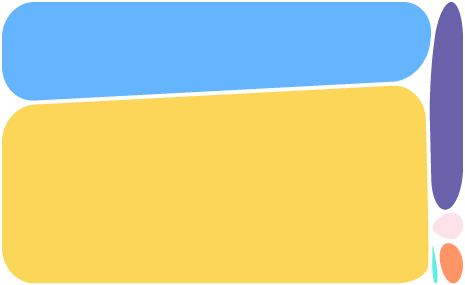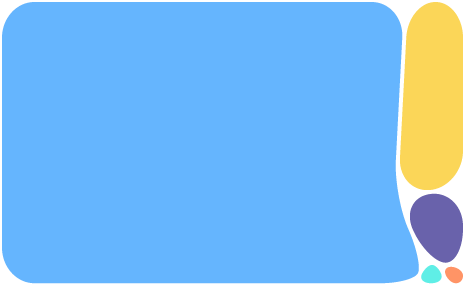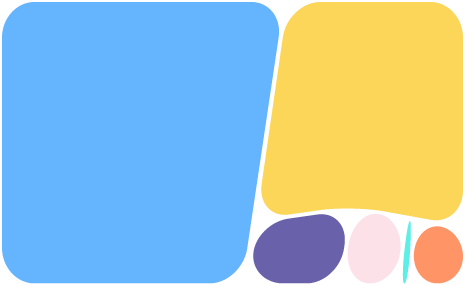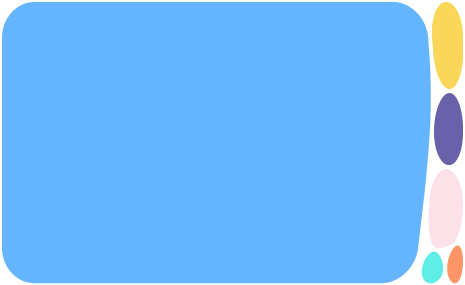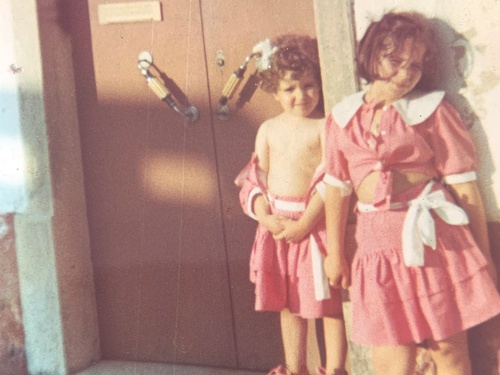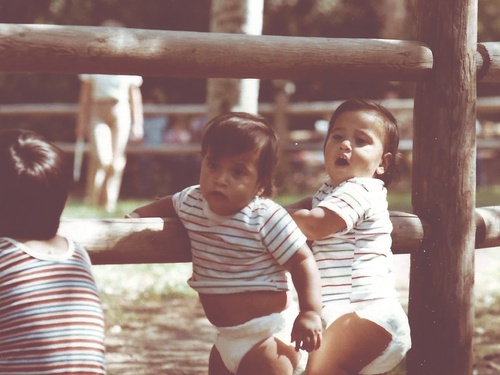D. and I share 1 segment of the genome. Based on this, we are 5th cousins. He told me that he took the test to find out more about his origins, he knew that his parents emigrated from Belize to USA but when he got his results, he was surprised by the large percentage of European DNA. He is a descendant of a family of migrants. From his mother's side, he knows of stories of migration from Spain and from his father's, connections to ancestors of Maya origin.
We talked about all types of relationships: brothers, other family members, people around us. D. likes to feel surrounded by people, perhaps because he has a twin brother and 4 older brothers. I have only one older sister and we each had our own bedroom from the age of 9, a very different experience to what D. and his 5 siblings had. Between his parents and siblings they were 8 people sharing 3 bedrooms. He said: “privacy was a luxury”.
I thought about that and about how much nowadays our relationship with our family, who raise us, influences our relationships with others.
We shared with each other photos of his twin brother and my sister, who despite not being my twin, my mother made us wear clothes that matched - the same fabric but in different shapes and sizes.
I told him about how my sister and I are different. For example, it is noticeable by how my hair is curly and hers is straight. I wondered what changed in our DNA so that our hair takes on different shapes… I also told him that my sister and I have different family names which sometimes allowed us to make up stories, that one of us was adopted or that we don’t share the same parents ... I admit that when I took the genetic test I thought about it a lot, and wondered what if we don't have the same parents, or what if there is another sister? I thought that I would not be able to bring that matter up with my family, since the option of taking the test was mine, not theirs ... what would be the most appropriate ethical position? Well, my test did not reveal this type of information. But I think it is urgent to think about these possibilities as relationships can be damaged by discovering another version of our life-story. What can that newfound version change about our past lived experience?
For D., the feeling of belonging is related to a sense of community, places and people that make you feel good just as you are - and it can be so difficult to find those places and people...

